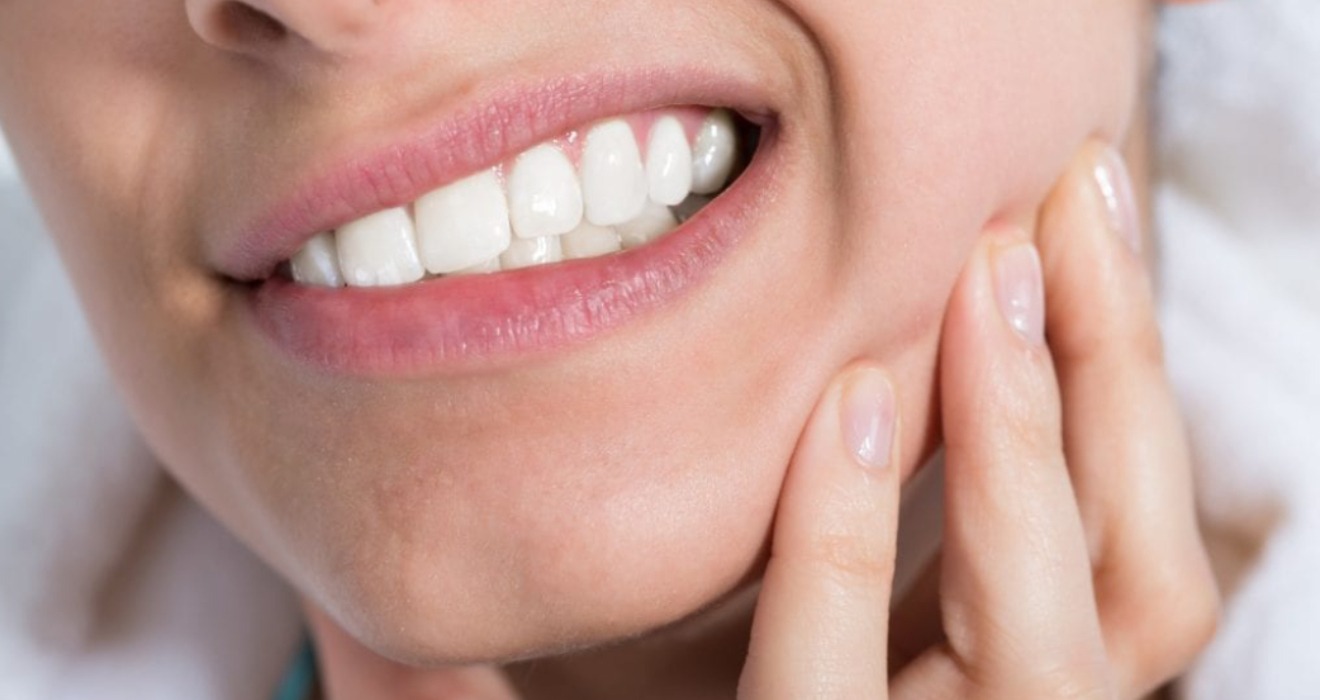
The disorder known as bruxism causes you to clench, grind, or gnash your teeth. If you clench or grind your teeth while you sleep or awake, this condition is known as bruxism (sleep bruxism).
What are the symptoms of bruxism?
The following are signs of tooth grinding:
- facial pain
- headaches
- earache
- The temporomandibular disorder may result from discomfort and stiffness in the muscles around the jaw joint (TMD)
- disturbed slumber (for you or your partner)
- teeth that are worn down, which may cause greater sensitivity or even tooth loss
- tooth decay or fillings
When you quit grinding your teeth, headaches and facial pain frequently go away. Usually, significant tooth injury necessitates medical attention.
When to visit an Edmonton dentist?
- Your teeth are sensitive, worn out, or both.
- your face, ear, or jaw hurts
- Your spouse or roommate claims that you make a grinding noise while you sleep.
If you grind your teeth, seek dental care to prevent further issues, such as cracked teeth, jaw pain
What are the possible causes of bruxism?
Although the exact reason for teeth grinding is not always known, it is frequently connected to other issues, including stress, anxiety, or sleep issues.
- Anxiety and stress – Stress or worry are the two main factors that lead to teeth grinding, and many people are unaware they do it. Often, it occurs when you’re sleeping.
- Medicines – Some medications have side effects that might cause teeth grinding.
- Sleep problems – You are more prone to grind your teeth while sleeping if you snore or have a sleep problem like obstructive sleep apnea (OSA). While you sleep, OSA causes breathing problems.
Additionally, you’re more prone to clench your teeth if you:
- Converse or murmur while sleeping.
- Forcefully act out while asleep, such as kicking or punching.
- A momentary incapacity to move or talk while waking up or falling asleep is known as sleep paralysis.
- Have hallucinations in which you are semi-conscious and perceive or hear things that are not real.
- Consuming alcohol.
- Smoking.
- Taking illicit drugs like cocaine and ecstasy for recreation.
- Drinking many beverages with caffeine, such as tea or coffee (6 or more cups a day).
What are the complications of bruxism?
Severe bruxism might result in:
- damage to your jaw, crowns, restorations, or teeth
- headaches that feel tense
- severe pain in the jaw or face
- Temporomandibular joint (TMJ) disorders can cause a clicking sound when you open and close your mouth. The TMJs are placed right in front of your ears.
What are the risks of bruxism?
These elements raise your chance of bruxism:
- Stress – Teeth grinding may result from elevated tension or anxiety, as well as rage and frustration.
- Age – Young children frequently grind their teeth, but by adulthood, it usually stops.
- Prescription drugs and other drugs – A rare side effect of various psychiatric drugs, including some antidepressants, may be bruxism. The risk of bruxism may be increased by using recreational drugs, drinking alcohol or caffeine-containing beverages, or smoking cigarettes.
- Members of the family who have bruxism – Bruxism during sleep usually runs in families. If you grind your teeth, other family members might do the same or have a history of doing so.
My Family Dental is happy to accommodate you with your bruxism consultation. Our team can help you alleviate and ease your bruxism through comprehensive dental check-ups. Visit our office today or call us at 780-937-3737 to book an appointment!
